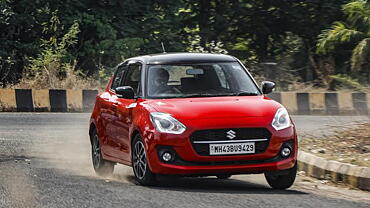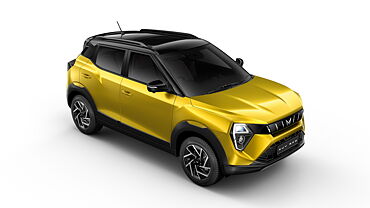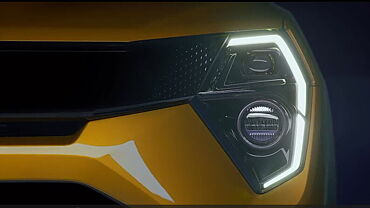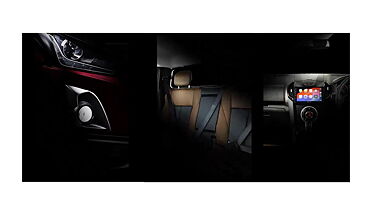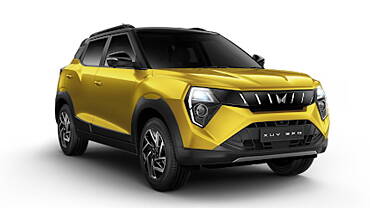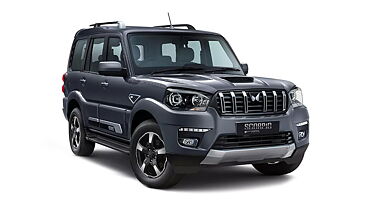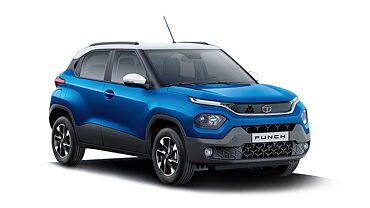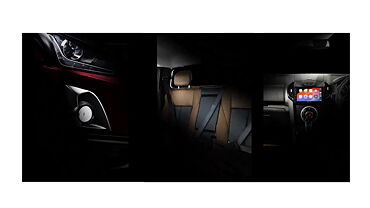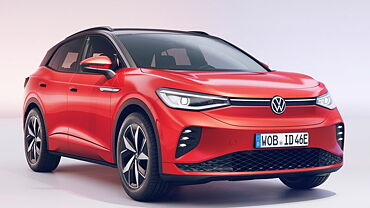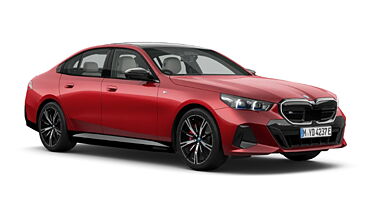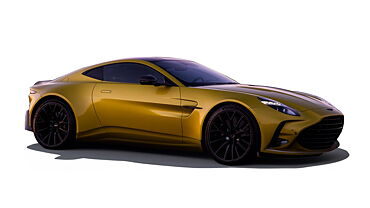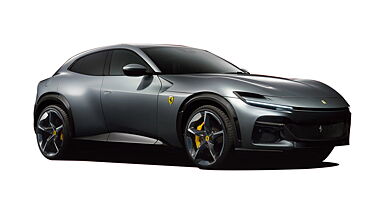It was previously said that the small cars manufactured in India had no scope when pitted against the models of foreign companies. The trend of manufacturing more and more hatchback cars in the Indian market and then exporting to other parts of the world is on the rise nowadays, which further disqualifies the claims as of now. Major auto companies that include Hyundai and Ford actively follow this practise of producing small cars in India meant for sale in different parts of the world. In India, auto makers enjoy numerous advantages as compared to other markets, which certainly prompts these companies to manufacture their products in India. Apart from it, taking the presumption of India becoming third largest car market by 2020, it is indeed feasible for companies to commence their operations in the country, considering the large volumes of domestic sales in addition to exports.
The leading car companies of India that include Maruti Suzuki and Hyundai are the old chaps of this trade practise but nowadays newer companies are also entering into this fold.
In general, Toyota, Renault, Nissan, Honda and General Motors are actively exporting their vehicles to global markets making thereby India as an export hub for their operations. According to industry experts, the expenditure incurred on making cars in India is less than any other market. During the next few years, the car making industry is all set to introduce a large capital for building plants in India, which in turn will benefit the economy.
On asking Carlos Ghosn (Chairman and Chief Executive Officer of Renault) about India featuring in check list of car companies he said “If we get a product right in India then the product is ready to be accepted elsewhere. If you want to make a value for money product with frugal engineering, India is the place to do so. By 2016, 60 per cent of the automobile market will be in countries such as India, Brazil, China, Russia and Indonesia.”
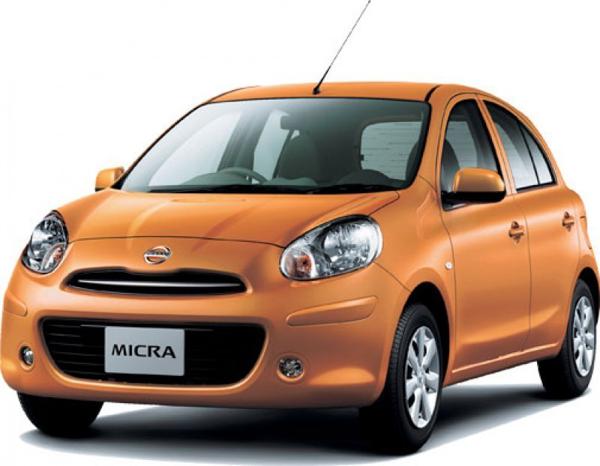
It is learnt that Nissan has been exporting its hatchback Micra to worldwide markets under a different name. Micra known as March in the international markets is locally manufactured in India after which it is exported to other countries bearing almost the same specifications. What is glaring to see is that Nissan has exported almost 2.5 lakh vehicles in three years while during the same period, it has just managed to sell 50,000 units in the domestic market.
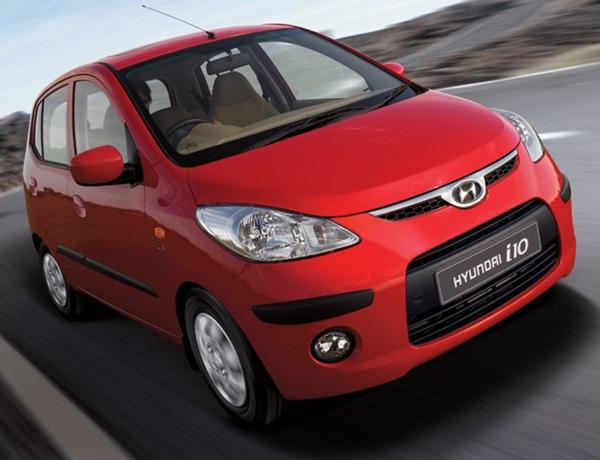
Talking about the largest car exporter of India, Hyundai, was one of the first companies to recognise the potential of India for exporting vehicles to other countries. According to the statistics show by the company, Hyundai i10 is ranked as the most exported vehicle for the company till date that is shipped to nearly 100 markets.
As far as Ford is concerned, it is planning to develop India as a major export hub for shipping its cars to overseas markets. Dave Schoch, the President of Asia Pacific region for Ford said that “The segment below our entry level Figo is attractive as there is a large customer base not only in India but in other markets as well”. He later added “exports from India will help us to stay on track for (high) growth in the region. Domestic demand for small cars continues to be strong even as compact sedans and SUVs have logged higher growth in recent times.” These statements clearly gives an indication as to how important Indian car market is for the auto companies.



